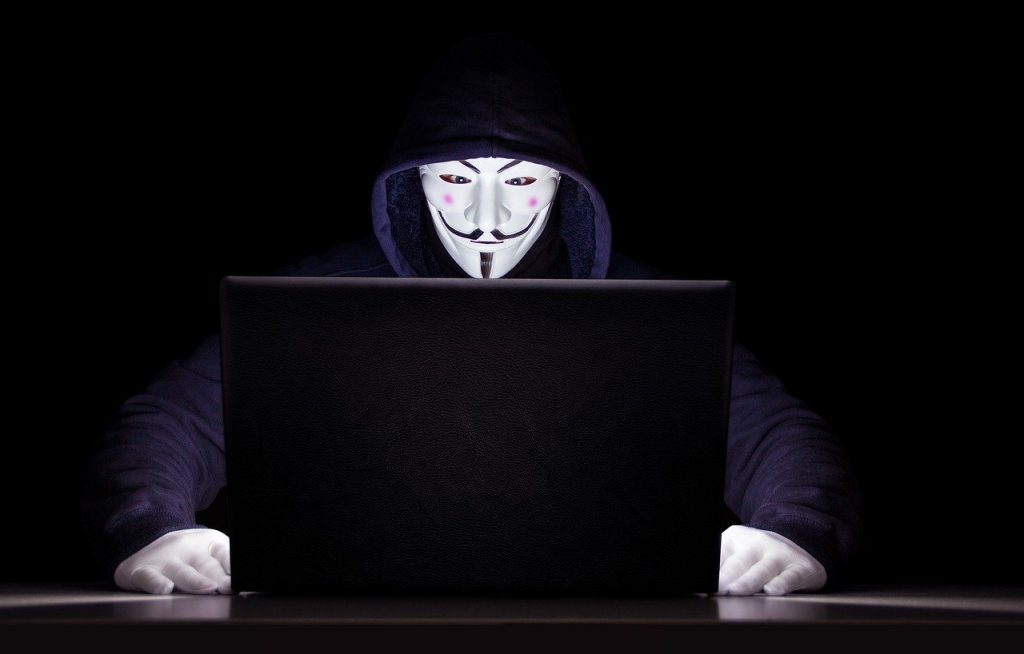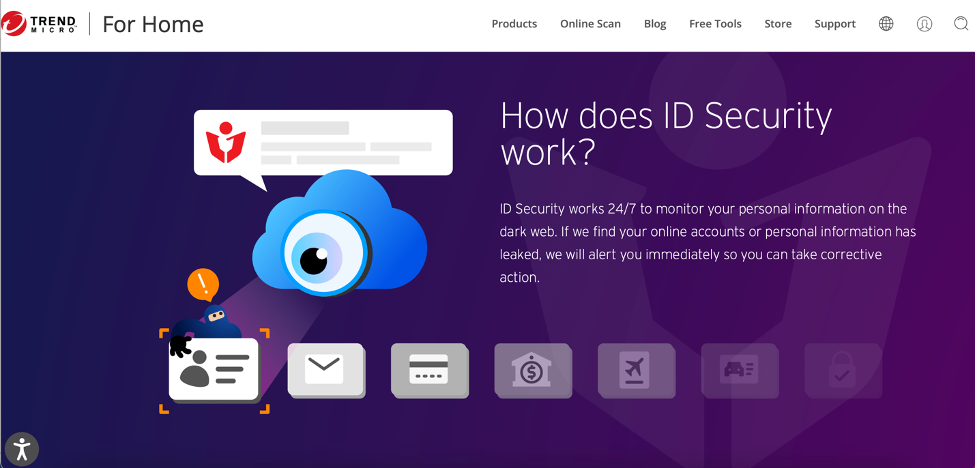What Is Doxing and Should It Be Illegal?

“Doxing” (or “Doxxing”, as it’s also known), is a shortened term for “dropping dox” — the “dox” referring to documents, like the Word file name. It is a malicious act that involves the exposing of someone’s identity, or more generally, the dissemination of the victim’s sensitive information (phone number, home address, email address, personal codes etc.), against their will.
Doxing is becoming increasingly common nowadays and is part of the growing scourge of online harassment, bullying, and intimidation. Notable examples include:
- Sunil Tripathi was driven to suicide in 2013 in the aftermath of the Boston Marathon bombing. He was doxed after being misidentified as one of the perpetrators.
- The use of doxing by pro-life campaigners to name, shame and intimidate abortion providers in the USA. This is a serious matter, considering that between 1993 and 2016, eight abortion providers have been murdered.
- During Gamergate (2014-15), several feminist journalists were doxed by online activists, leading to widespread harassment campaigns and death threats.
- In 2016, Fox News anchor, Lou Dobbs, doxed one of the Donald Trump sexual harassment accusers.
- Just this month, Nicki Minaj caused controversy after doxing two journalists who had reported on her anti-vax views.
These examples are very much just an illustration of a widespread trend.
Is It Legal? Should It Be Illegal?
Doxing is such a ubiquitous (and relatively recent) phenomenon that it still exists in a legal grey area. Technically, the act of doxing is not in and of itself “illegal”; consequently, victims haven’t much legal recourse or protection.
Nonetheless, efforts have made to utilize stalking, harassment, and anonymity laws in doxing cases — albeit with mixed results. South Korea and Hong Kong are the only regions where doxing has specifically been made illegal, convictable, and punishable with a prison sentence.
Most legal experts, however, argue that there must be specific legislation to make doxing a punishable offence, and governments around the world are increasingly taking notice of the threat doxing poses to citizens — including politicians who have themselves been targeted. Looking ahead, it is increasingly likely doxing will eventually be made a legally punishable offence, though this author suspects it will always be a murky area.
Protecting Yourself
We have focused on doxing as it relates to harassment, bullying and intimidation. However, the dissemination of your identity and other personal information can also be used in the context of cybercrime. See our recent article on data breaches for guidance on what to do in such an event. Even if doxing is made illegal, there are many who will still seek to commit the act for personal, criminal gain.
An interesting new cybersecurity product is Trend Micro’s ID Security.

Available on Android and iOS, the app scours the dark web for any mention of your data (email address, passwords, codes etc.) in the event of it being sold or maliciously shared by cybercriminals. Its key features include:
- Dark Web Personal Data Manager
- Credit Card Checker
- Email Checker
- Password Checker
- Social Media Account Checker
- A Comprehensive Monitoring Report
Simple, efficient and easy-to-use, follow the link above to try a free 30-day trial version today. And if this article has been of use and/or interest to you, please do share it with family and friends!